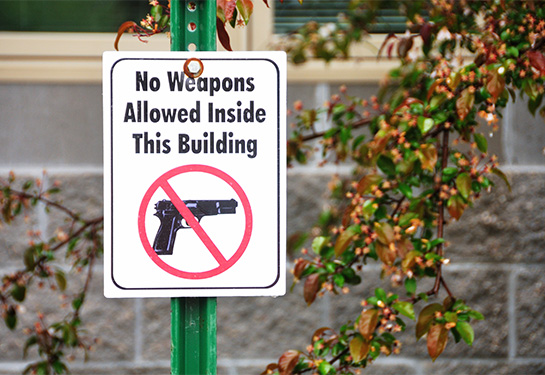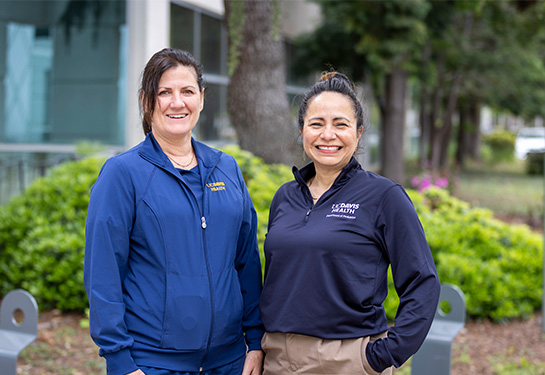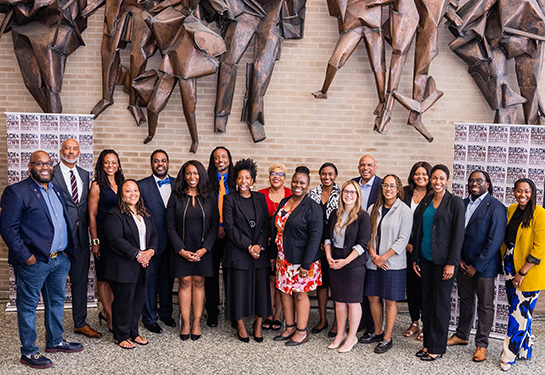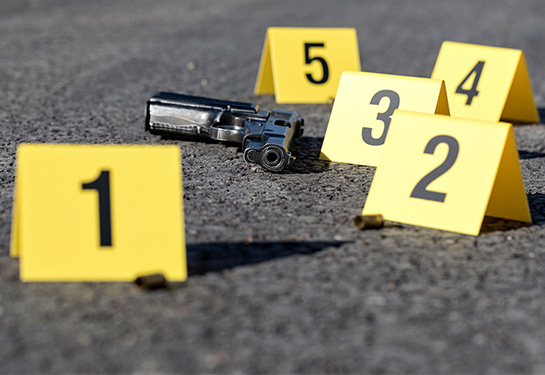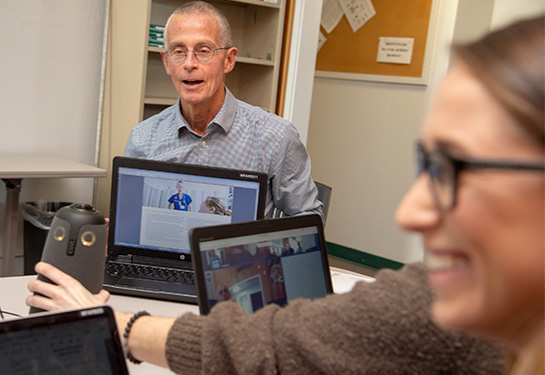When (and why) doctors might ask patients about guns
A new paper outlines how clinicians can effectively counsel patients about the risk of firearm injury
-
Violence PreventionMARCH 27, 2024
$3M Robert Wood Johnson Foundation grant to fund gun violence research
UC Davis Health received a $3 million grant to support research by the Black & Brown Collective. The group is studying gun violence that disproportionately impacts marginalized communities.
Read More -
Violence PreventionMARCH 25, 2024
How firearms move from legal purchase to criminal use
A new study of California firearm data identifies specific risk factors associated with a legally purchased gun that is later used in a crime.
Read More -
Violence PreventionMARCH 01, 2024
Violence prevention study wins top journal award
Researchers at the UC Davis Violence Prevention Research Program received the Jess Kraus Award for their research study examining the potential for political violence in the U.S.
Read More -
Violence PreventionOCTOBER 31, 2023
Domestic violence involving firearms increased during COVID-19 pandemic
Firearm domestic violence increased in three major U.S. cities during the pandemic according to a new study from the Violence Prevention Research Program.
Read More
More from the Centers for Violence Prevention
Insights is a collection of blog posts and opinion pieces from the Centers for Violence Prevention faculty and staff.
InsightsSubscribe to our Newsletter
The UC Davis Centers for Violence Prevention monthly newsletter delivers the latest from our team – including research, news, events, and media highlights from the Violence Prevention Research Program and the California Firearm Violence Research Center – right to your inbox.



